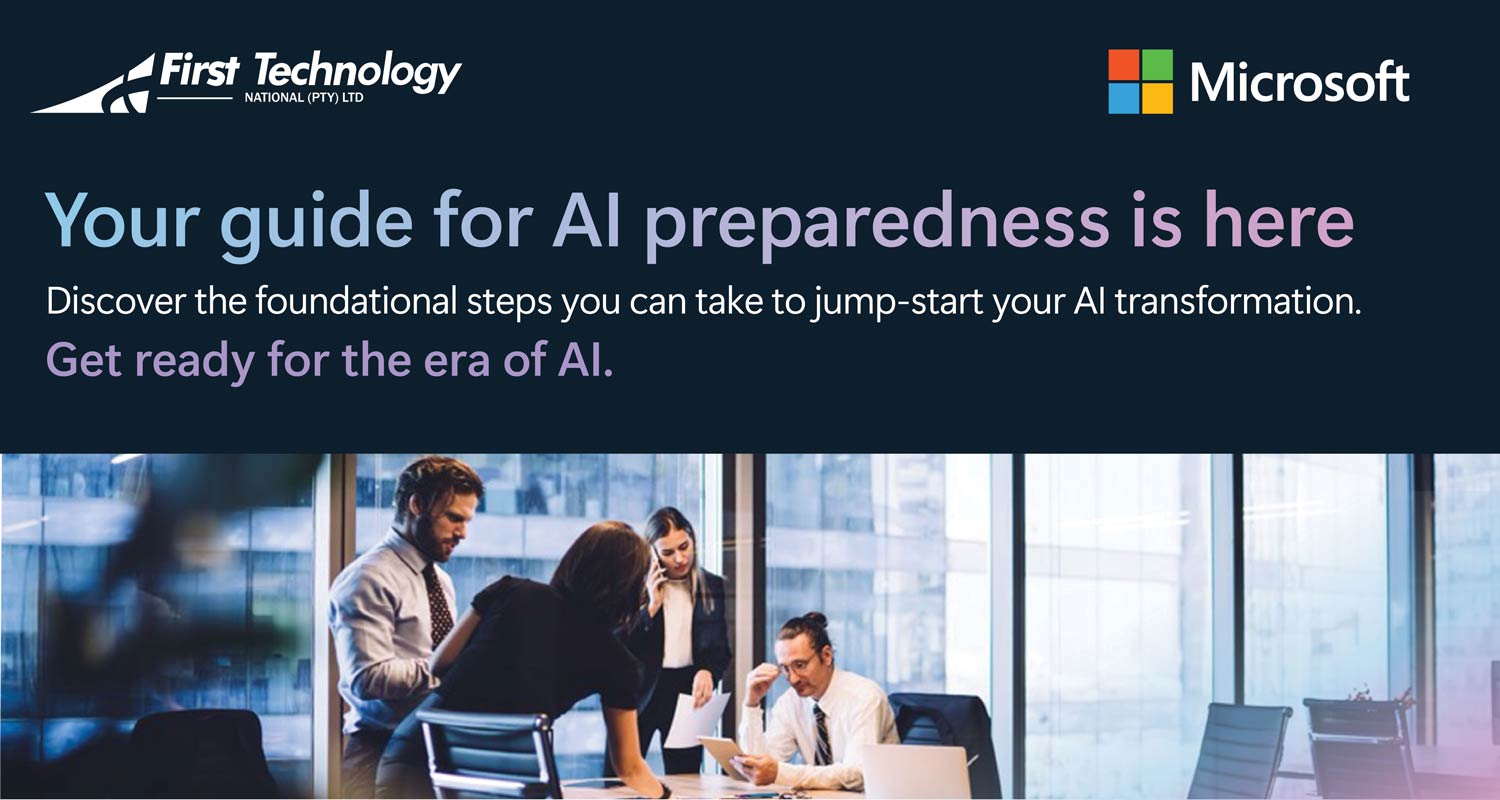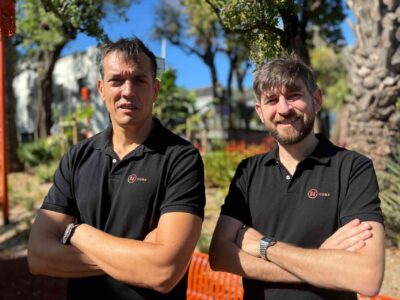
 The author, First Technology Group chief technology officer Barry Neethling
The author, First Technology Group chief technology officer Barry Neethling
Forty years ago, the introduction of electronic spreadsheets like VisiCalc marked a transformative moment in computing. This innovation redefined how people worked with numbers and data, elevating efficiency and precision while rendering some traditional skills obsolete. For those unable to adapt, the transition from calculators to spreadsheets often signalled the end of their careers.
Spreadsheets revolutionised accounting, data analysis and business processes. Tools like VisiCalc, Lotus 1-2-3 and, later, Microsoft Excel provided unprecedented flexibility and functionality. Complex calculations, dynamic modelling and visualisation – once painstaking tasks – became streamlined and scalable. Mastery of spreadsheets quickly became a prerequisite for employment, leaving behind those who failed to adopt these tools.
Is your business ready for AI? Find out here
Today, a similar crossroads emerges with artificial intelligence, a technology poised to reshape the workforce on a scale far beyond that of calculators and spreadsheets. AI is not just a tool; it’s a transformative force that redefines how we approach work, collaboration, and innovation.
AI: the new spreadsheet
The shift from calculators to spreadsheets offers valuable lessons for embracing AI. Early adopters of spreadsheet technology gained a significant edge as the tools matured, evolving alongside their capabilities. Similarly, those who engage with AI early will likely be the innovators shaping its future applications.
Unlike spreadsheets with predefined functions, AI demands active experimentation to unlock its full potential. It’s not enough to access an AI system; users must explore, challenge and refine its capabilities to suit their specific needs. This hands-on approach fosters novel applications that elevate productivity and decision making.
Research indicates that AI can increase workplace efficiency by up to 40%, particularly benefiting medium to low performers. This democratisation of productivity mirrors the impact spreadsheets had on levelling the playing field in data analysis.
However, AI operates on a grander scale, promising transformative gains across industries.
 The prospect of artificial general intelligence (AGI) – AI systems capable of human-level reasoning – amplifies this potential further. Just as microprocessors enabled spreadsheets to thrive, advancements in AI computation will fuel unprecedented innovation, tackling increasingly complex challenges.
The prospect of artificial general intelligence (AGI) – AI systems capable of human-level reasoning – amplifies this potential further. Just as microprocessors enabled spreadsheets to thrive, advancements in AI computation will fuel unprecedented innovation, tackling increasingly complex challenges.
The transition from today’s narrow AI systems to AGI could redefine creativity, problem solving and collaboration.
Navigating challenges
With great potential comes significant challenges. Security and privacy concerns loom large, much like the early scepticism surrounding spreadsheets. These tools were only as reliable as the data entered, and ensuring their accuracy was paramount. Similarly, AI systems must operate within robust frameworks to protect sensitive information and ensure ethical use.
Microsoft’s Copilot exemplifies how AI can address these concerns by offering secure, reliable integration into existing workflows. Organisations must prioritise such solutions to balance innovation with accountability.
Mastering AI tools is fast becoming a critical skill, akin to learning complex spreadsheet functions in the past. While AI systems will become increasingly intuitive, leveraging their full potential requires understanding their nuances. By cultivating this expertise, individuals and organisations can unlock new efficiencies and opportunities.
Embracing the AI revolution
The key to thriving in this AI-driven era is to start now. Experiment with AI, explore its capabilities and adapt your processes to integrate its strengths. Just as the transition to spreadsheets required a willingness to learn and evolve, success in the age of AI demands a proactive approach and a culture of experimentation. Inaction is no longer an option – organisations that fail to adopt AI risk being left behind, much like those that resisted spreadsheets decades ago.
AI is no longer a distant prospect; it is a present reality, reshaping industries and opening doors to innovations once considered impossible. By embracing this transformation, we can push the boundaries of productivity and creativity, making today’s tools seem as antiquated as the calculator.
References
About First Technology Group
Founded 35 years ago, we have grown into a group of companies that provide products and value-added services, all geared at helping organisations navigate technology challenges to achieve their business outcomes. With turnover of R12-billion in 2023, we have built a robust and broad-reaching engagement model, from SMEs to large enterprises. We are accomplished across multiple vertical markets and are one of the largest IT integration groups in Europe, the Middle East and Africa. Learn more at www.firsttech.co.za or connect with us on LinkedIn.
- The author, Barry Neethling, is chief technology officer of First Technology Group
- Read more articles by First Technology Group on TechCentral
- This promoted content was paid for by the party concerned
Don’t miss:










Comments